Celebrate 60 Years of the Natural Resources Council of Maine
Make simple changes to make a difference for Maine's environment for generations to come!
Here are some tips for you to use to help you and your family make less of an impact on Maine's natural resources. Your choices can make a real difference for the health of Maine's environment today and every day. Do you have other tips to share? Please send them along to nrcm@nrcm.org.
- Keep a reusable straw handy at home, the office, and in lunch boxes. Millions of disposable straws are used each day, polluting the environment and harming wildlife.
- When dining out, bring your own “doggy bag” for leftovers.
- Use weather stripping around the house to keep out drafts and reduce energy use by as much as 25 percent. A great project that kids can help with!
- Have a snack before leaving the house—shopping on an empty stomach can make any food seem too good not to buy.
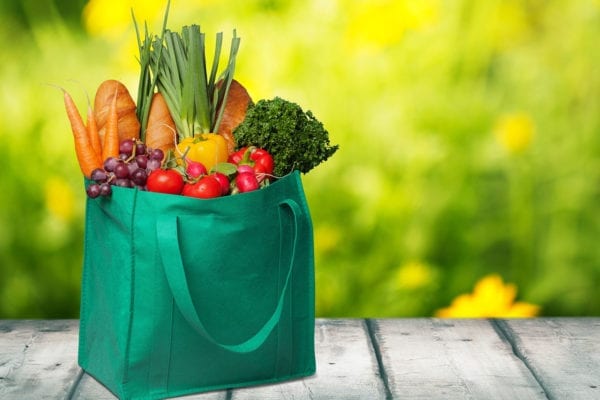
- Avoid single-use plastic shopping bags, which waste natural resources, pollute our environment, and pose a risk to wildlife. Keep a stash of reusable shopping bags in your car.
- Make your own nontoxic cleanser by mixing equal parts vinegar and water in a pump-spray bottle. Rinse with water.
- Work with your child to help create a club focused on helping the school take action to protect the environment. Recycling, changing to LED lights, and reducing food waste are steps schools can take.
- Position desks and reading areas close to windows, where you can take advantage of natural light instead of having to turn on electric lights.
- Don't idle in your vehicle. It takes less gas to start a car than to let it sit running unless you'll be in and out in less than 10 seconds.
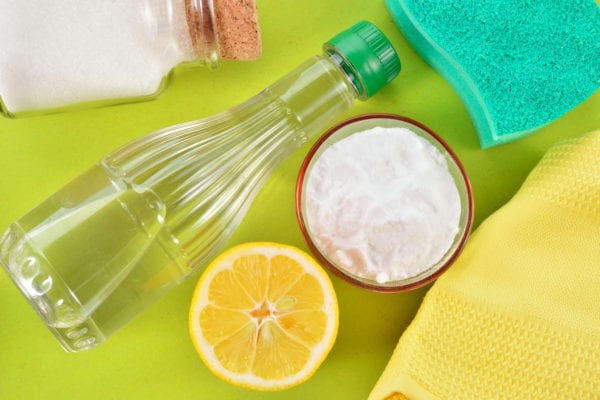
- Don't be suckered by sales. If you don't need it, don't buy it.
- Shun coffee makers that use single-serve plastic packaging. These waste hundreds of millions of pounds of plastic, which gets dumped in landfills every year. Try a pour-over coffee maker instead.
- Check out our online Sustainability Toolkits: Reuse & Refill Toolkit, Composting Toolkit, Pay-As-You-Throw Toolkit, Balloon Litter Toolkit, and more.
- Don’t trash tree limbs. Put in a pile in corner of yard to provide shelter for backyard birds.
- Repair water leaks as soon as possible. A dripping faucet can waste up to 20 gallons of water per day. A leaking toilet can waste up to 200 gallons every day.
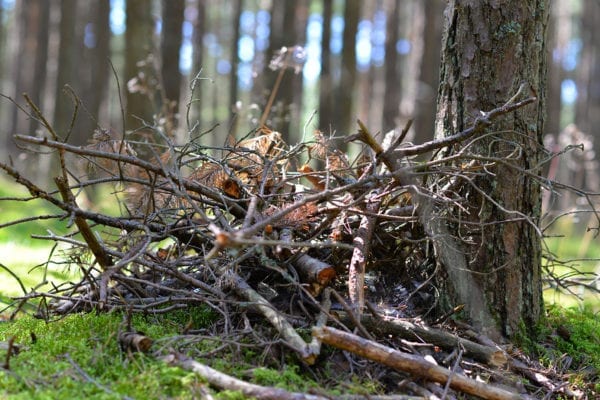
- Request our "Bright Ideas" brochure for tips on ways to save money and energy while protecting Maine's environment.
- Keep a reusable travel mug in your car for take-out beverages.
- For a nontoxic floor cleaner, mop with a solution of 1 cup vinegar in 2 gallons of water.
- Mow less often. Lawn mowers and other yard equipment create about 5% of the nation's air pollution and gobble up millions of gallons of gas every year.
- Drive steady. Maintaining a constant speed in your automobile saves gas and cuts pollution. Set the cruise and let the savings begin.
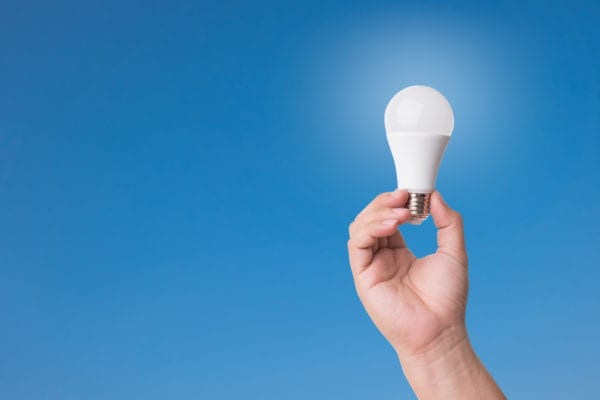
- Save up to $25 per month by drying your clothes outside on a line or inside on a drying rack.
- Skip the snow blower. Shoveling or snow scooping can save as much as 70 car miles worth of pollution—and you'll get some exercise, too!
- Using social media to let the world know how you saved money and helped the environment could inspire others!
- Nominate your local environmental hero for NRCM's annual People's Choice Award! Learn more.
- Keep your vehicle tuned up—it could save your car 10% on gas mileage.
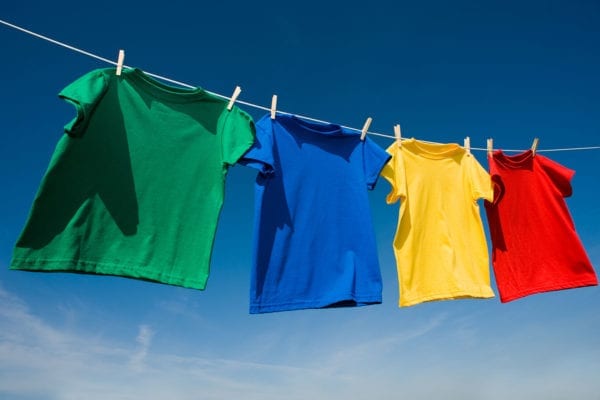
- To protect plants from pesky bugs, blend 6 cloves crushed garlic, 1 minced onion, 1 tbs. dried hot pepper, and 1 tbs. pure soap in 1 gallon of hot water. Let it sit for a day or two, then strain into a pump-spray bottle.
- Turn off computer monitors at day's end and unplug unused equipment that consumes standby power.
- Take a child for a spring bird walk and see how many bird songs you can identify. Need help? There are great mobile apps for that.
- Work with your local school to reduce food waste and save money on food purchase and waste disposal costs. Request our School Food Recovery Handbook.
- Drawing the drapes on cold days can reduce a room's heat loss by up to 10%.
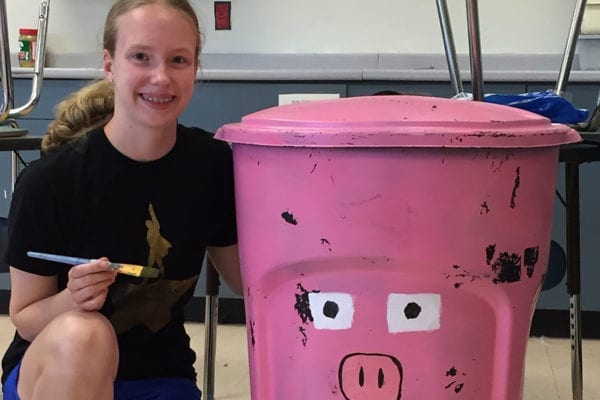
- Love taking photos of Maine's beautiful outdoors? Send them in to be featured on our My Maine This Week web feature.
- The best way to rid your plants of those invasive Japanese beetles? Pick them off by hand and drop them into soapy water.
- Sign up for our online Action Network—it's a great way to stay informed about the most urgent threats to Maine's environment, and it provides ways for you to get involved.
- Take it slow. Every 10 miles of speed costs an average of 15% in efficiency.
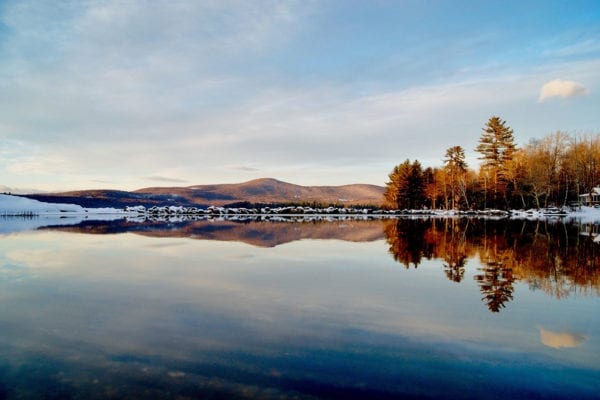
- Dirty oven? Try cleaning it with baking soda and water, or sprinkle salt on warm spills and scrub it up.
- To disinfect and inhibit mold, use a mixture of 1 tsp. borax and 3 tbs. white vinegar combined with 2 cups hot water in a pump-spray bottle. Don't rinse—the vinegar will evaporate.
- Did you know that putting your dryer in a warm part of the house can save you a little on your energy bill? Your dryer doesn't have to work so hard to do its job.
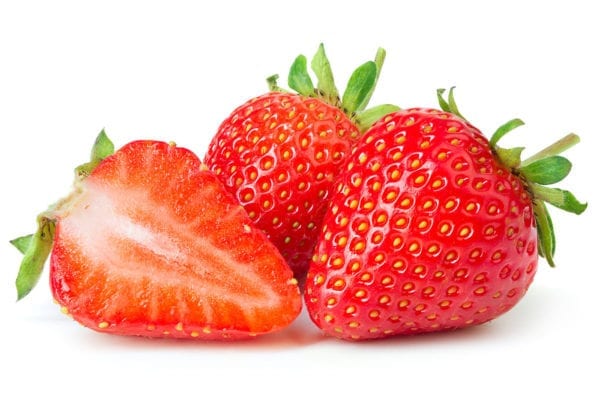
- Here's a safe, easy way to remove bacteria from fruits and vegetables you purchase: Pour a few tablespoons of distilled white vinegar into a spray bottle with three cups of water. Shake to mix it together, then, just before eating, spray to cover the outside. Rub it in, let it sit for a minute, then rinse to remove the vinegar. For lettuce and other leafy veggies, put the mixture into a bowl. Separate the leaves to cover them with the solution, then rinse well. Submerge and soak veggies like broccoli in a bowl of vinegar and water for two minutes, then rinse to make sure all the vinegar has been rinsed away. Make sure leftover fruits and veggies are dry before putting them away so they’ll last a longer.
- Consider this: An extra 100 pounds can reduce your vehicle’s miles-per-gallon by as much as 2%. Give your car a fresh start while protecting Maine’s environment from excess pollution by taking everything out of your car and putting back in only the items you need.
- Don't flush unused drugs down the toilet or pour them down the sink. Septic systems and sewage treatment plants do not always break down pharmacological drugs, which can cause harm to fish and other wildlife.
- Here's a tip for clean, green housekeeping: Request our "Clean and Healthy Housekeeping" brochure! It's filled with toxic-free solutions for your home, yard, and garden.
- When you stroll Maine's beautiful beaches, consider bringing a small trash bag along so you can pick up stray plastic bags and other trash that can harm wildlife. Also, be sure to avoid dune grass and other vegetation, since this provides protection for the beach during storms and also serves as a home to wildlife.
- If every U.S. household replaced one 28-ounce petroleum-based bottle of dishwashing liquid with one that’s veggie-based, we could save 82,000 barrels of oil a year.
- A study at Oregon State University found that physical activity, as little as one or two minutes at a time, can have big health benefits if they add up to 30 minutes per day. It also warms up the body by several degrees, and this warmth can last 45 minutes. So next time you’re curled up on the couch and feel a nip in the air, nudge yourself to move around rather than nudging up the thermostat!
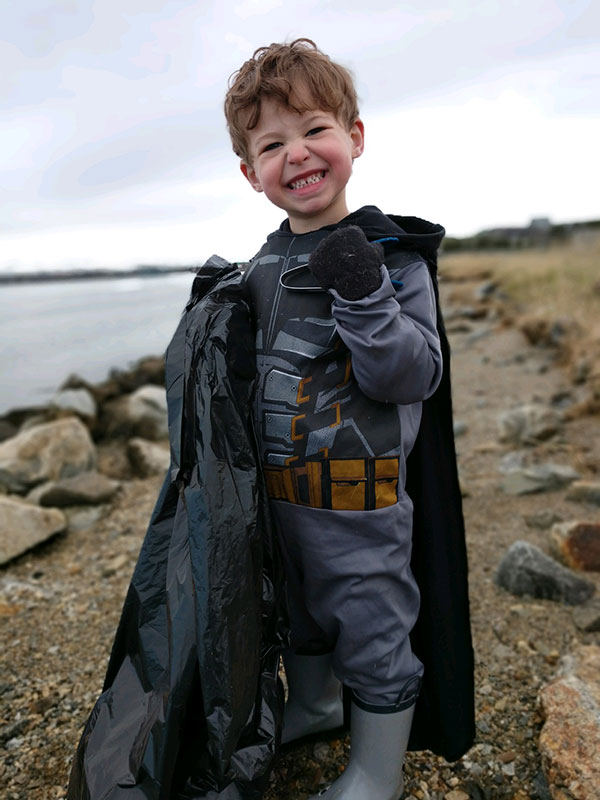
- Cut down on water use by installing a low-flow showerhead. The average shower uses 25 gallons of water. A low-flow showerhead can reduce water use by 50 to 70%.
- Chemicals in some paints can pose health threats. Paints with low VOCs—volatile organic compounds—are a safer option. Latex paint, which is water-based and has lower VOC levels, is generally friendlier to the environment than oil-based paints.
- Find places to hike, bike, paddle, watch wildlife, swim, and more, all around the state by exploring our Explore Maine map. It features hundreds of protected places to explore on your own or with nature lovers of all ages.
- Avoid overusing the air conditioner on hot days by doing chores in the morning when it’s cooler. Shop and do other errands during the hottest hours, when stores have the air conditioning on anyway.
- Rinse and reuse aluminum foil and sandwich or freezer baggies—these can often be reused not just once, but many times. Wash and save glass jars from pasta sauce and jam for storing and transporting homemade soups and other liquids.

- Screen your sunscreen—many contain chemicals that can be absorbed by the skin and cause harm. Oxybenzone, for example, is a synthetic chemical that absorbs the sun’s rays but also penetrates skin. It can disrupt natural hormones and may cause allergic reactions. The National Institute of Health recommends a sun protection factor (SPF) of 30 or higher and water-resistance that lasts up to 80 minutes—40 if you reapply. This sunscreen guide can help you learn more.
- Paint the walls and ceilings in your home a light color, preferably a shade of white. More outside light will reflect around the room, reducing the need for electric lights at dawn and dusk.
- Maine is home to more than 270 native bee species that provide the great service of pollinating the fruits, vegetables, and flowers we enjoy. In the fall, rather than cut down or mow dandelions, asters, and goldenrod, leave them for the bees. If you’ve got apple or other fruit trees, leave the fallen fruit on the ground—the bees will appreciate it!
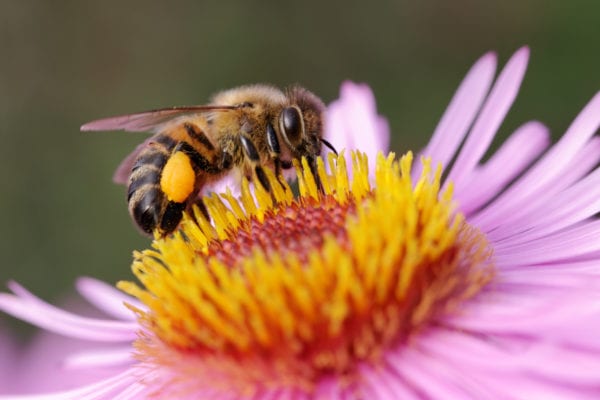
- No time or space for a garden? Join a CSA ("community supported agriculture") to buy shares of produce that you can pick up at a farm or farmer’s market on a regular basis. CSA produce is always fresh and in-season because it’s grown at a farm near you. No matter where in Maine you live, there’s sure to be a CSA near you, and many are certified organic.
- Set an example for your kids, including by greening up their birthday party. Use online invitations, and recommend that guests make their own wrapping paper out of paper they have around their house. Avoid disposable plates and tableware; instead, pick up reusable ones at a yard sale or secondhand shop and send them home with your guests as party favors.
- Clean your house with plants! House plants can help remove toxins from the air. English ivy absorbs formaldehyde, a common pollutant in synthetic carpet dyes and wood floor resins. The fan-like plumes of the lady palm absorb ammonia, which is found in cleaners and dyes and can irritate the respiratory system. Set a fast-growing golden pothos plant near the entryway to reduce chemicals found in car exhaust that can sneak inside your house.
- Not all coffee is created equal. Sun-grown coffee varieties typically require more pesticides and can cause soil erosion and other environmental problems. Shade-grown coffee provides habitat for birds and other wildlife as it keeps natural shade trees intact. Organic shade-grown coffee also tastes better because it’s slower to grow, increasing the plants’ sugars that enhance the flavor of the coffee.
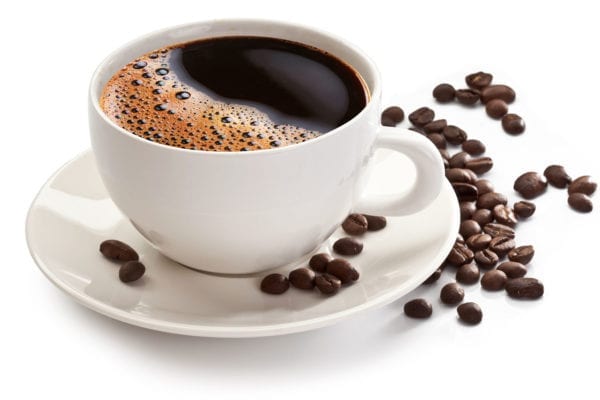
- When boating, be sure to take steps to keep things like empty plastic bags, soft drink containers, food wrappers, and and other trash from blowing overboard and into the ocean and waterways. Remember to recycle what you can when you get to shore, and safely dispose of the rest. And always cut the loops of six-pack rings before disposing!
- For bug bites, rather than doling out your hard-earned dollars on over-the-counter products that may cause unwelcome side effects, take a look in your cupboards. Honey has anti-inflammatory and anti-bacterial properties—try dabbing a bit on the welt. Or make a paste of baking soda and water. The tannins in a wet tea bag can help reduce swelling. Crushed, fresh basil or peppermint leaves can also provide relief—naturally.
- Help prevent the spread of invasive milfoil in Maine lakes by inspecting your boat, motor, and trailer at the boat ramp before launching and again after hauling them out. Keep plant material out of bait buckets and live wells, and be sure to prevent it from becoming entangled in anchor ropes, fishing gear, and other equipment. Dispose of any plant material you clean from your boat and gear in a trash can or on dry land far away from water.









